The steps:
- The teacher writes several declarative statements that are based on the upcoming reading, film, chapter, speaker, etc. The best statements are possible yet open for debate.
- Before the reading, students decide on their response. Students could complete the anticipation guide with just their own opinions and then check with a partner or group.
- The group discusses some of the statements as a whole class, having students tell the reasoning behind the response. The teacher can prompt: "Why do you think so?
- Students read the assigned material and change their answers so that they leave class with the correct answers to study.
Generally, anticipation guides are used with non-fiction texts so that students can reason with prior knowledge. With fiction, the author could take the reader anywhere. However, anticipation guides can be successful with fiction when the agree/disagree statements get at the big ideas or themes of the novel.
Here are some example fiction statements for anticipation guides:
Huxley's Brave New World--
A society's stability is hindered by people expressing their individuality.
Twain's Adventures of Huckleberry Finn--
A natural father's rights are more important than a child's welfare.
Shakespeare's Much Ado About Nothing--
Before deciding to marry someone, people need to agree with their parents' wishes.
This strategy is culturally responsive because students share their reasoning behind statements with small groups and the entire class. Since the reasoning is based on what students know, various cultural backgrounds will emerge. Hopefully, this leads to students appreciating other backgrounds and life experiences.
English 10 teachers used an Anticipation Guide during the first week of school where students agreed or disagreed with statements about life if high school. This activity worked well.
KC even created an anticipation guide of personal information as a way for students to get to know their teacher.
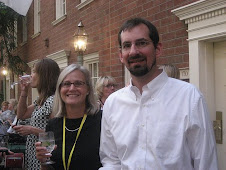
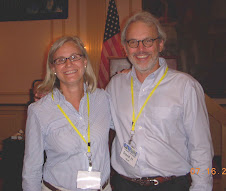
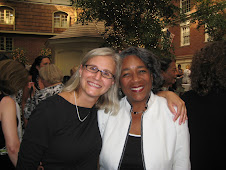
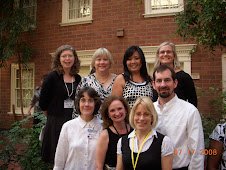
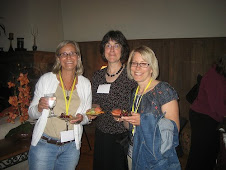
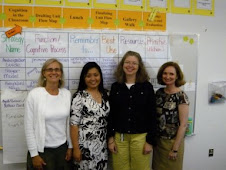

1 comment:
Lovved reading this thank you
Post a Comment